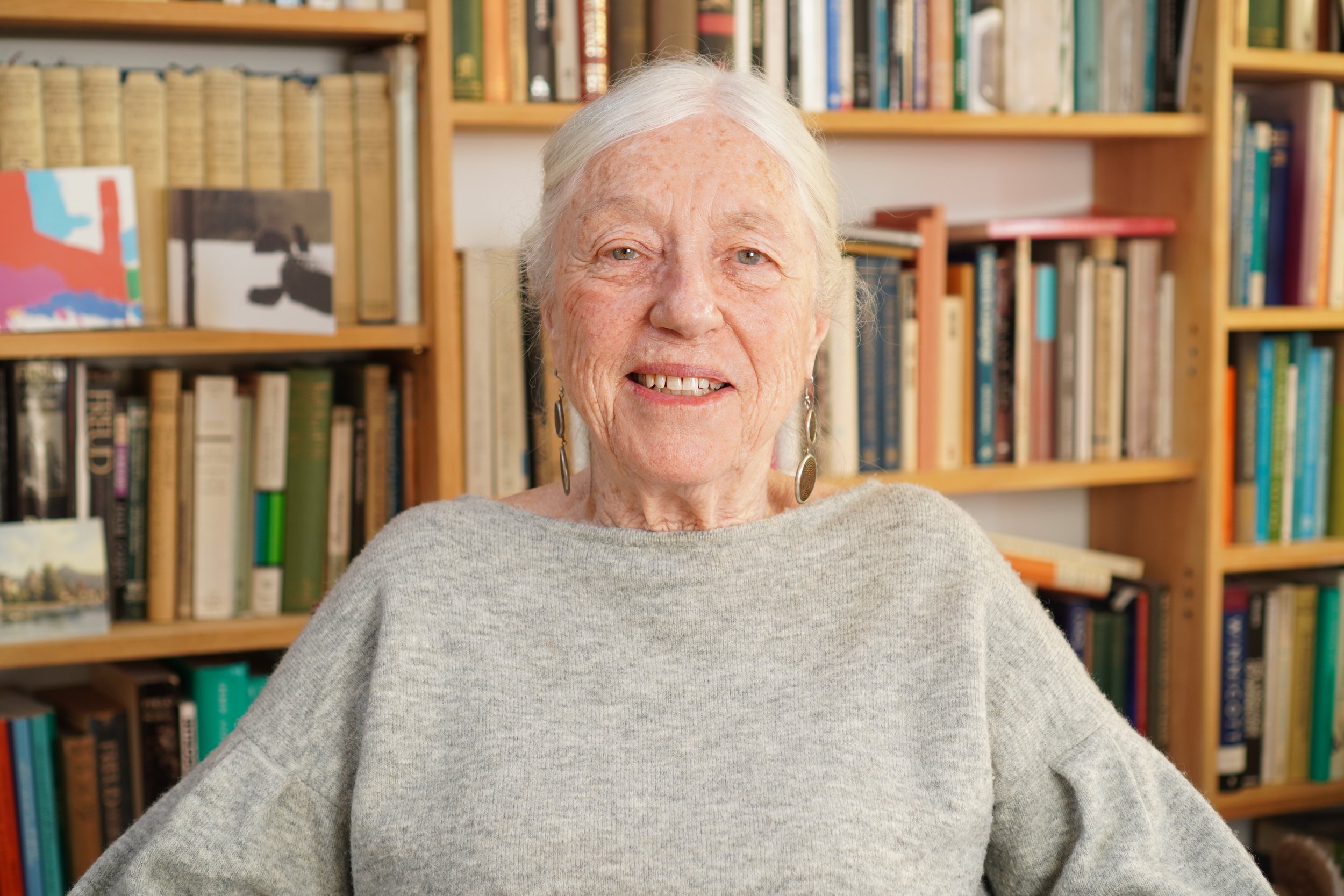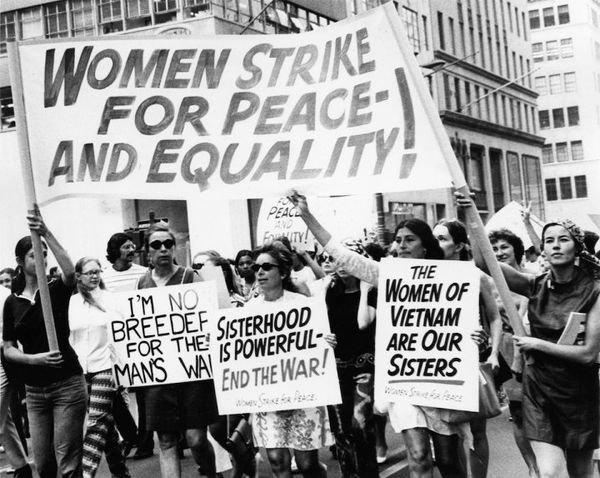Today, we have the great pleasure of presenting you to Juliet Mitchell, one of the leading figures – indeed one of the founders – of the second wave of the women’s movement. Juliet went on to establish the Centre for Gender Studies at the University of Cambridge. Here, she takes us back into the analysis which stimulated her thinking about women and shaped her groundbreaking essay, ‘The Longest Revolution’, which came out in its first form in 1966. She thinks of this book as a deconstruction of the situation of women, as identified with the family.
IN THIS LESSON
Our key learning objectives today are:
To discover the radicalism of the feminists who made the movement come to life in the seventies.
To understand the most important phrase of second-wave feminism: “the personal is political”.
To reflect on what makes women “the Other”.
KEY POINTS
We leave you with the key points of Juliet’s presentation.
Women are both fundamental to the human condition and marginal - historically denied agency and positioned as ‘the other’.
The family is where power relations are shaped and where patriarchy reproduces itself. Here, is the core of the long-standing feminist idea that “The Personal is Political”.
Misogyny and violence against women are widespread. There may be many feminisms around the world, but they all have one goal: to battle against the inequities of women’s condition.


